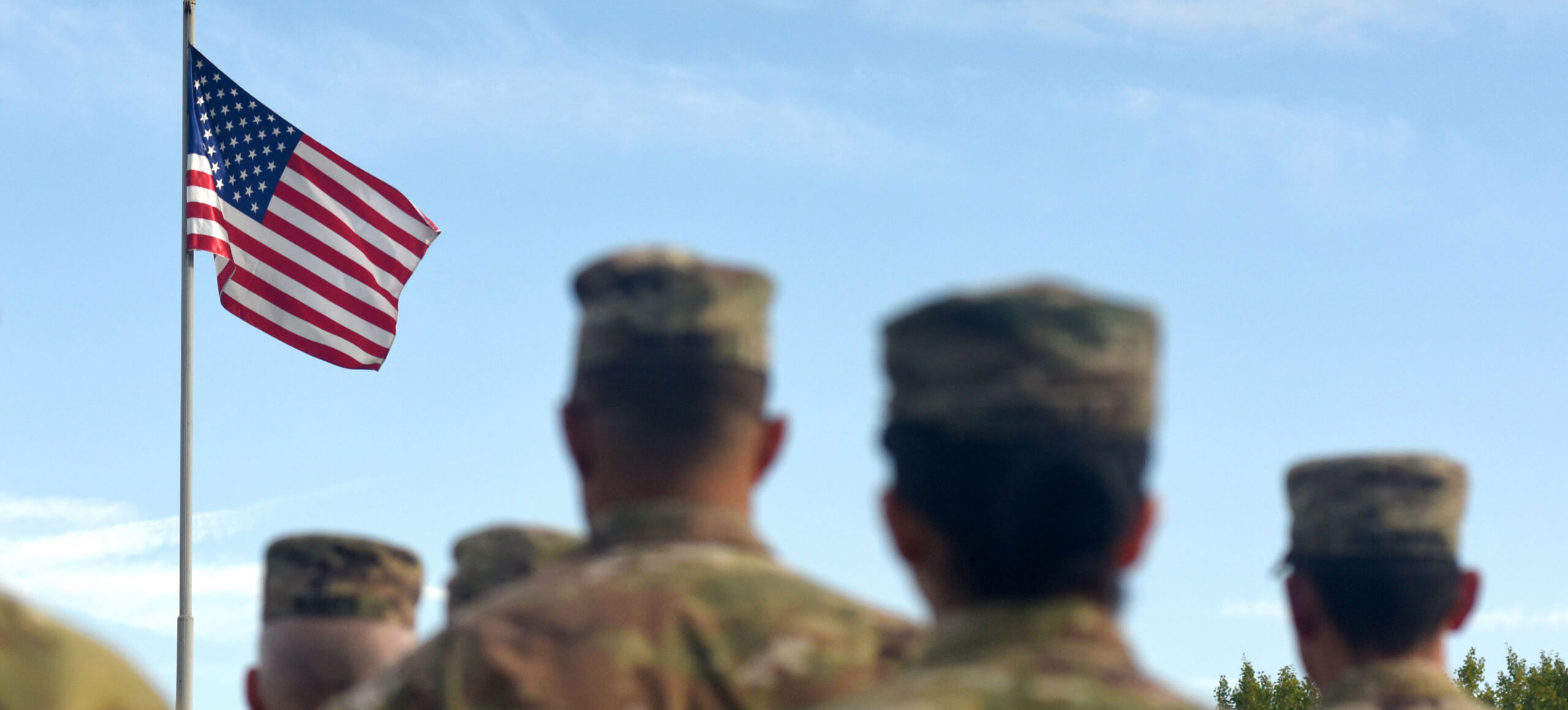
We don’t just
pay tribute on Veterans Day.
We honor your sacrifice every day.
- You risked your life – we work to give you lifetime benefits.
- You provided safety – we reciprocate with respect and empathy.
- You served with loyalty – we stay at your side until final approval.
Genuine Care
Healthcare can feel hopeless. Like a warm hug, our team makes you feel comfortable and valued – and assures you that everything will be okay.
Clear explanations
Bureaucratic paperwork is always confusing. We can’t change that, but we can help you make sense of the jargon, so you know exactly what to do.
99.4% approval rate
You can’t put a price on expertise. With our insider’s knowledge of VA protocol, we complete your claim with the highest chance for approval.
Constant updates
This is your service, your sacrifice, your pension. You deserve to be included in the process with monthly updates, 24-hour email responses, and quick callbacks.
“VCS service matches Apple.”
“I’ve always held Apple as the gold standard of customer service. Well, VCS’s impeccable service matches Apple’s. Their team is so knowledgeable, on point, and clearly so caring. They communicate professionally and with understanding. They are earnest in what they do and how they do it!”
– Dave Begel, Milwaukee, Wisconsin

With VCS, feel like there’s a caring team rooting for you – because we are!

Meet the brains – and hearts –
behind VCS.
Here’s why they’re here:

Abe Bernikier
CEO
Abe brings his expertise in finance and business management to an overlooked and underappreciated population.
Read more“You, our honored veterans and families, have sacrificed so much for our country and safety. The least I can do is help you get what you deserve – with compassion and respect.”

Gary Poretsky, Esq
VA Accredited Attorney, outside counsel
Gary is honored to have received accreditation by the Department of Veterans Affairs to prepare, present and prosecute claims for veterans before the VA.
Read more“It is an honor for me to use my expertise in advocacy and advisory services to assist veterans and their families.”

Frank Colavita, SFC (Ret.)
Veteran Liaison
Frank served the nation and the veteran community for more than 30 years, including 23 years in the US Army, having retired in a command role as a Sergeant First Class.
Read more“Supporting my brothers and sisters in arms enriches my own life as much as it does theirs.”

Ruth Itzkowitz
Director of Operations
Ruth is the mastermind behind the efficient process that we use to ensure complete client satisfaction.
Read more“It is empowering to impact the lives of so many brave men and women who served our country with loyalty.”

Shayna Ostreicher
Director of Intake
Shayna’s commitment and dedication to each client’s needs make the application process for benefits smooth and efficient.
Read more“Seeing the difference the extra monthly income makes in the lives of the elderly, makes the job so rewarding.”

Shira Yerike
Director of Marketing
Shira’s enthusiasm and creativity are an extension of her passion for connecting with and helping people.
Read more“There is no way to repay you, our veterans, for the sacrifices you made for our freedom, but we at least have to try!”

Ruben Miller
Veteran Liaison, Maryland devision
Mr. Miller has been helping veterans and their families in Maryland, DC, and Delaware understand long-term care benefits from the Department of Veterans Affairs (VA).
Read more“As a prior Vietnam Veteran, I enjoy assisting veterans like you in understanding your benefits and how it will make a difference in the quality of your life.”

Zahava Perlstein
Regional Director of Business Development
A people’s person, Zahava works to develop relationships with corporate offices of healthcare communities.
Read more“I am honored to be able to be a resource for our veterans to help you get the benefits that you so rightfully deserve. We owe it to you!”

Frank Davis
Veteran Liaison, New Jersey
As a Veteran himself, Frank is a valuable part of our team. His diverse professional career emphasizes the dedication he has to those in need.
Read more“For years I have seen veterans struggle and eventually give up trying to get benefits they were eligible for. Being a part of VCS gives me the ability to get them the answers and assistance they need to get what they are entitled to.”
